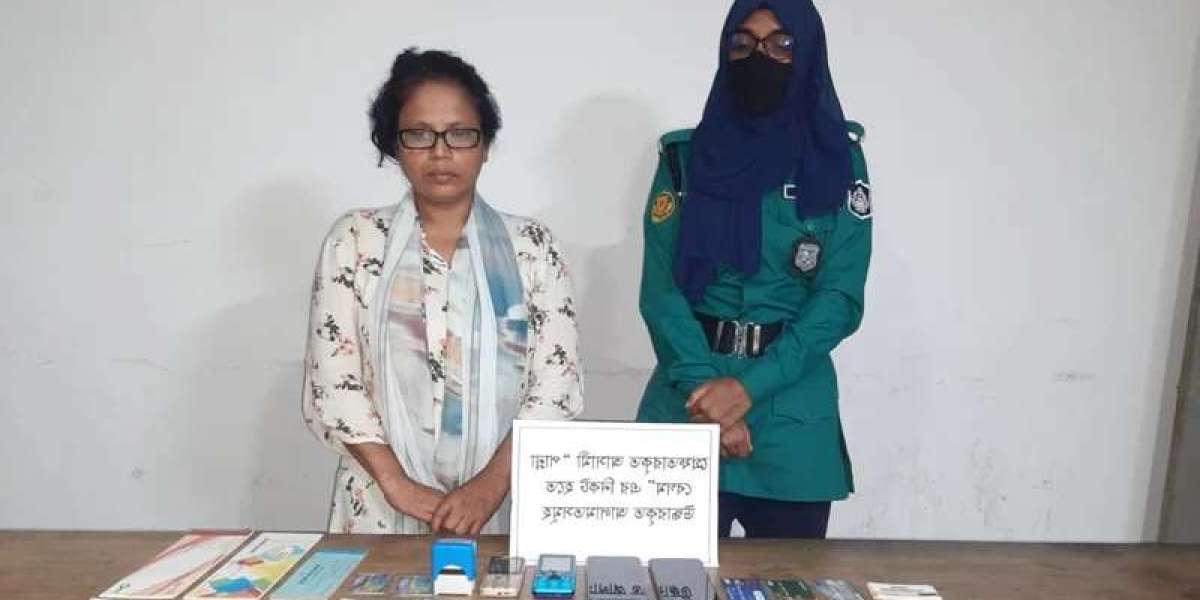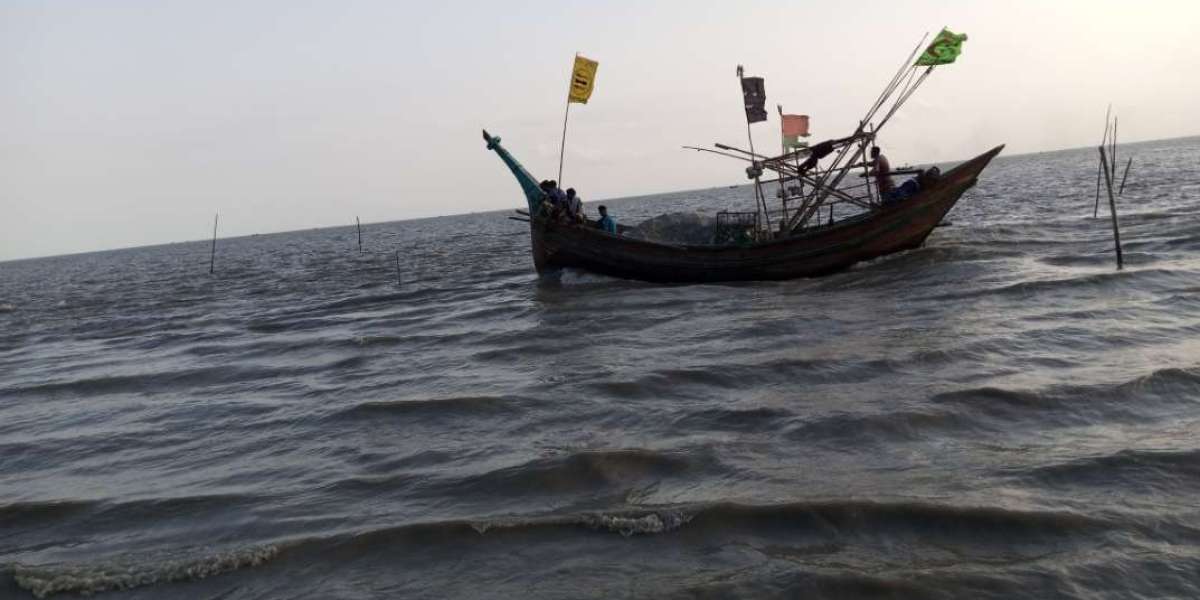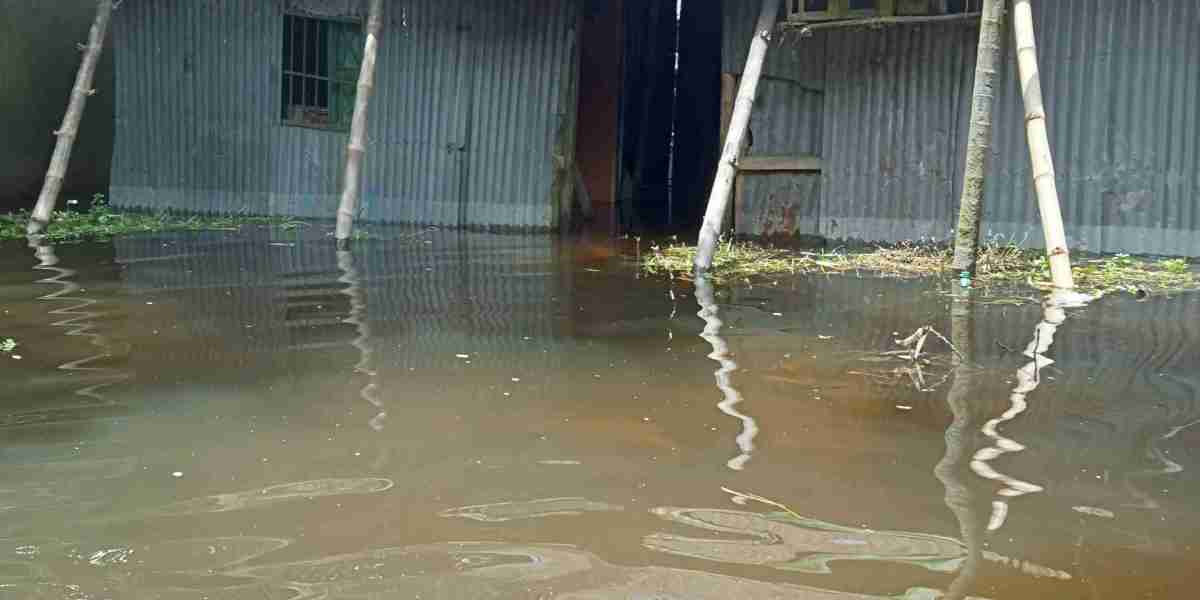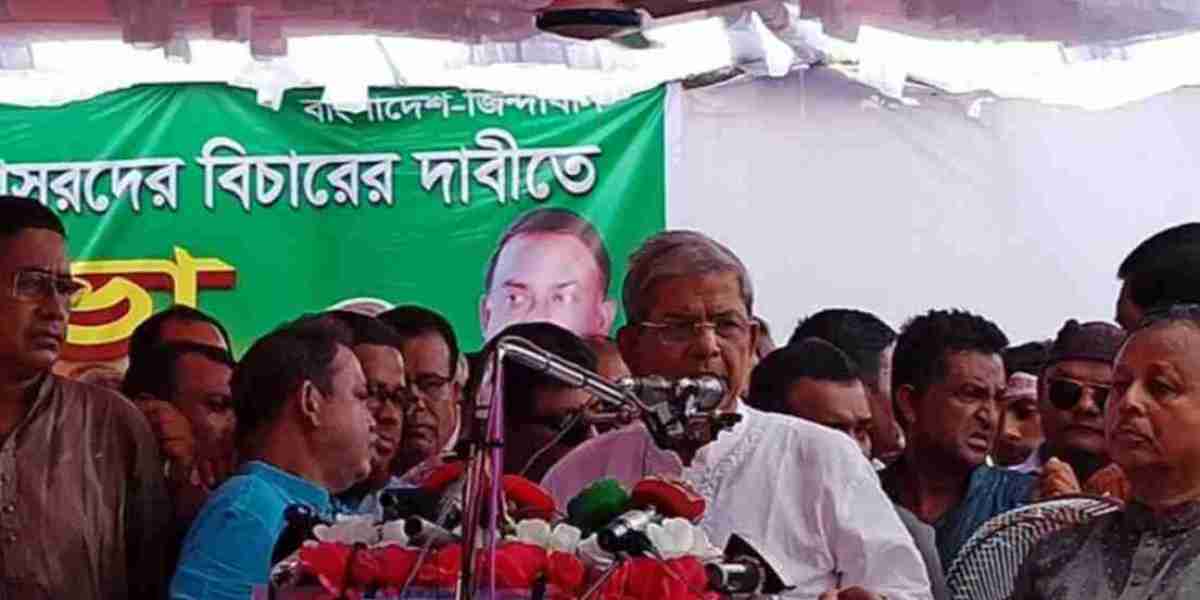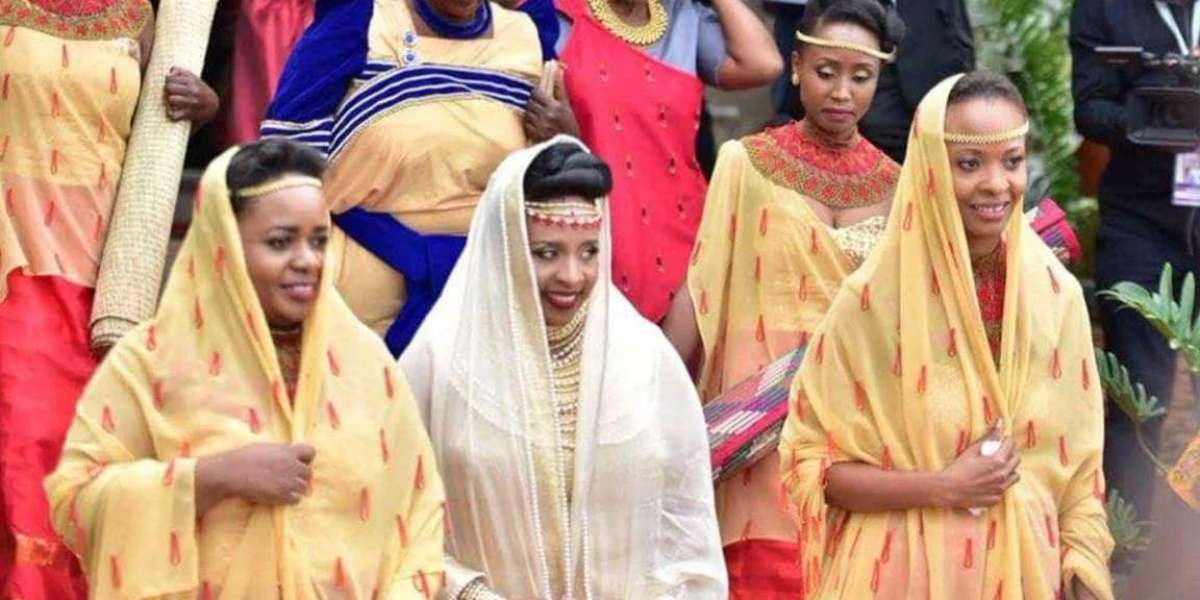Jumbangla Desk: The six commissions formed for state reform have already started working. However, the names of the heads of the other four commissions have been announced, but the gazettes of those four commissions have not yet been published. Their work will start after publication of gazette.
Dr. Yunus
Azad Majumder, Deputy Press Secretary of the Chief Adviser, said that the six commissions that were formed earlier, they started working after the publication of the gazette. And the names of the heads of the remaining four commissions have been announced. The full commission will be gazetted in a few days.
The full gazette of the five commissions was published on October 3. They are Judiciary, Police, Public Administration, Elections and Anti-Corruption Commission.
Adviser Syeda Rizwana Hasan announced the appointment of four more commissions and the names of the heads on October 17. They are the head of the Health Commission, Dr. National Professor. AK Azad Khan, Media Commission Chief Kamal Ahmed, Labor Rights Commission Chief Syed Sultanuddin Ahmed and Women Affairs Commission Chief Shireen Parveen Haque.
Shirin Parveen Haque said, I don't know the details here. I don't know who the other members of the commission will be. If you let me know the details with terms of reference, I can start the work. I can't do anything before that.
These four commissions will also recommend reforms in their respective fields. The tenure of each commission is six months from the date of gazette publication. The head of the commission and its members are working in the commission on a full-time basis. During this time they will abstain from other work. Office and secretarial support is provided for their work. They will report to the Chief Advisor.
Speaking to the members of the six gazetted commissions, they clarified that each commission is taking the work forward through meetings and discussions among themselves. They are also consulting experts outside the commission members for their work. Apart from this, they will also discuss with the concerned parties. Some commissions are also launching web sites. Through that web site, they will give an opportunity to the common people of the country to give their opinion.
The Electoral Reform Commission is doing its work sitting in the Election Commission. Commission member Professor Dr. Jahed Ur Rahman said, we are working full time. We have meetings every day. We are collecting the necessary documents. Looking at the prevailing law. We have differences of opinion. We are also debating among ourselves. Through this we will make an initial recommendation and then work further. We will present our recommendations based on that.
According to him, it is not only election commission reform. Our job is to recommend reforms to the electoral system.
Many people think that fair elections are not possible without a caretaker government. In fact, to do the whole job, the constitution and laws have to be changed. We are working on all these things. Our goal is free and fair election system.
He said that they will also exchange views with the civil society. Consult experts. Another website is opening, where the people of the country can give their opinion. They will also consider them seriously.
Dhaka University Law Department Professor Shahnaz Huda, a member of the Police Reform Commission, said, "We hope that we can make a good recommendation to create a people-friendly police force." All those in the commission are experienced. They have done a lot of work in the past with the police. They are giving important feedback.
We have already had several meetings. We are taking the opinion of outside experts as well. I will discuss. I will also take the opinion of common people. It is a huge task. Trying to complete the work within the stipulated three months. That's why after making a preliminary draft, we will discuss it again, get information, get opinions, and then finalize it. Our target is to recommend that the police become the people's police.
Former Chairman of Public Administration Department of Dhaka University AKM Feroz Ahmed said, "We have held one meeting so far." There will be another meeting next Wednesday. As a result, nothing can be said now. If we have a few more meetings, we will understand where we are, in which direction we will go.
Judiciary Reform Commission has already held several meetings, said the commission member, former judge and lawyer Mazdar Hossain, we are meeting almost every day. We are discussing various things among ourselves. But nothing can be said in detail now. But we want to do something good.
Member of the Constitution Reform Commission Supreme Court lawyer Dr. Sharif Bhuiyan said, we had a meeting on October 13. Another meeting will be held on October 21. Nothing more can be said now. The progress of our work will be informed by press briefing later.
And the member of the Corruption Reforms Commission, Professor Mobaswer Momen of Public Administration Department of Dhaka University informed about the commission's work but did not say anything in detail.
How Bengali's 'Didi Number 1' looked like as a child, see the picture of Khude Rachna
Incidentally, after the fall of Sheikh Hasina's government on August 8, Professor Dr. An interim government was formed under the leadership of Muhammad Yunus.





